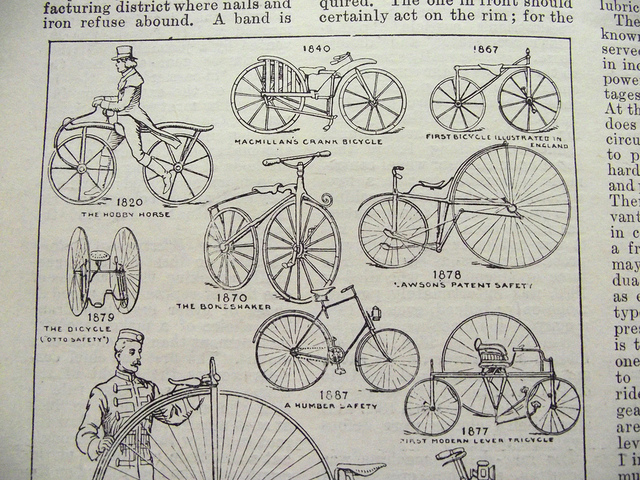Encyclopedia vs Dictionary
Encyclopedias and dictionaries are often confused regarding their usage and meanings. While encyclopedias serve as an information bank covering various topics, dictionaries are lexicons that contain meanings and potential usages of words.
What is an Encyclopedia?
An encyclopedia is a compilation of information on a wide range of topics such as arts, history, geography, civics, politics, geology, zoology, physics, chemistry, mathematics, numismatics, and other related subjects. Its primary focus is on providing knowledge and information, making it an excellent reference source for researchers in almost any field. Encyclopedias are typically comprised of a series of books, with each one focused on a specific branch of knowledge. Each volume features articles listed alphabetically by article name, which are long and descriptive, summarizing information about the subject matter. The oldest known encyclopedia is the Naturalis Historia, written in AD 77 by Pliny the Elder.
What is a Dictionary?
A dictionary is a collection of words and their meanings, which students or researchers can use to learn the precise meanings and usage of different words. Dictionaries can be created in one or more specific languages, with words listed alphabetically along with usage information, etymologies, definitions, pronunciations, phonetics, and other lexicon-related details. According to Nielson, a dictionary has three key features:
1. It has been prepared for one or more functions
2. The data it contains has been selected and included to fulfill those functions
3. The lexicographic structures of the dictionary establish relationships between the data, enabling it to fulfill its functions and meet the needs of users
Key Takeaways
- Encyclopedias focus on general knowledge, while dictionaries primarily serve as a writer’s tool, providing the meaning and pronunciation of words.
- Dictionaries concentrate on the grammatical structure of language, whereas encyclopedias do not.
- Encyclopedias typically come in multiple volumes, with each one dedicated to a specific subject matter, while dictionaries are usually one comprehensive volume with words listed alphabetically.
